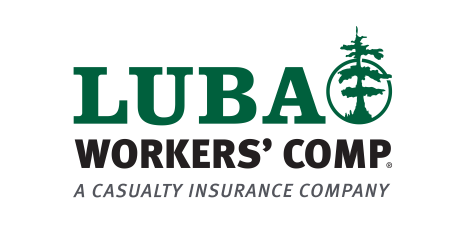There was a time in what feels like the distant past – a few months ago – when it was more-or-less optional for a business to be a member of a business organization, like the Chamber of Commerce. But since the arrival of the pandemic and the economic disaster that’s come with it, there’s now so much uncertainty and so much red tape to navigate through – from Federal loans to local ordinances – that most businesses are finding it essential to turn to business alliances for help.
The Louisiana Alliance of Business and Industry – mostly known by its acronym, LABI – is Louisiana’s official state chapter for the U.S. Chamber of Commerce and the National Association of Manufacturers. It’s the state’s largest business organization.

Stephen Waguespack – anything but business as usual
Stephen Waguespack, President and CEO of LABI, spends much of time lobbying the legislature in Baton Rouge, and Congress in Washington DC, with a focus mostly on keeping government out of business – to minimize government’s influence on business. But now that businesses are struggling to survive this downturn, the landscape has changed and business is looking for cooperation and partnership from the State and Federal government. At the same time, they’re managing to advance their agenda and bring about what might be lasting change in Louisiana.
Now, Pork
You may remember, at the end of April, President Trump signed an executive order compelling meat processors to remain open to head off shortages in the nation’s food supply chain. The unintended consequence of this presidential decree was to make all of us aware – many for the first time – of just where our meat comes from. And most of the pictures we saw were not pretty.
This has got a lot of people who don’t want to go so far as turning Vegan, asking if there isn’t a better way to get meat onto our table. The answer is, Yes, there is.

4th generation pig farmer Tim Melancon
Tim Melancon is a 4th generation Louisiana pig farmer. He farms pasture-raised Berkshire pork on T Moise Farms, in Sunset, Louisiana, specializing in raising an all-natural product. Tim’s pigs are – perhaps ironically – totally vegetarian. Tim doesn’t believe in additives, or preservatives.
Given a choice, probably every person who enjoys eating pork would far prefer to eat this kind of product. But it’s that kind of widespread massive demand that has brought about the kind of industrial scale farming and meatpacking plants we have today. So, is it possible to have a nationwide, large-scale meat industry and still observe the kind of care Tim Melancon lavishes on your farm-to-table product?

Christiaan Mader, Stephanie Riegel, Peter Ricchiuti
Photos by Jill Lafleur. More conversation about Acadiana meat is here.





